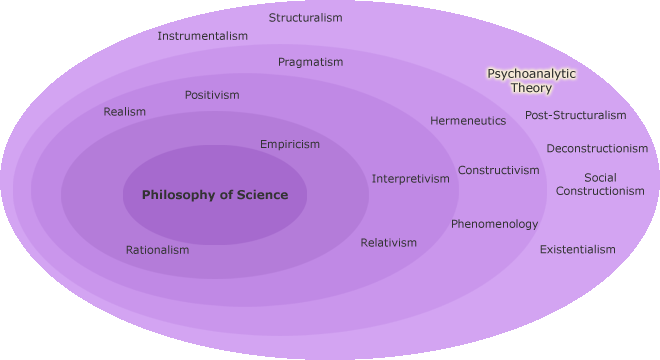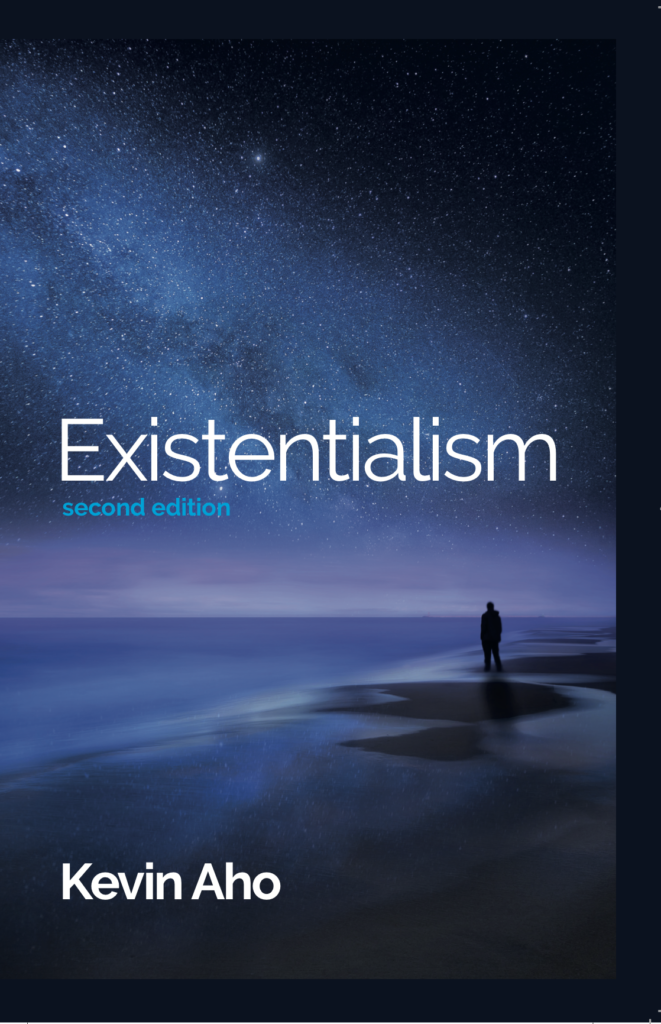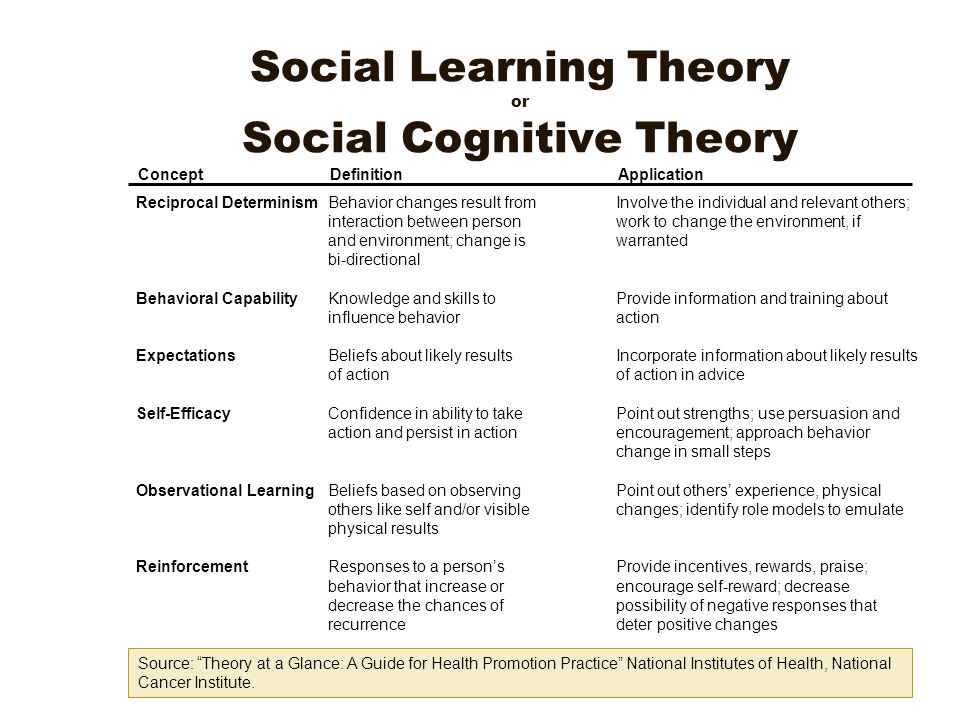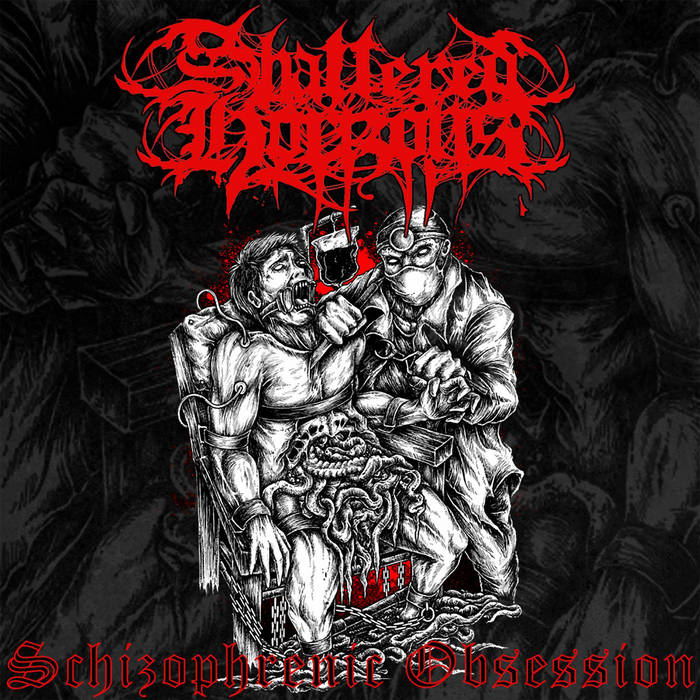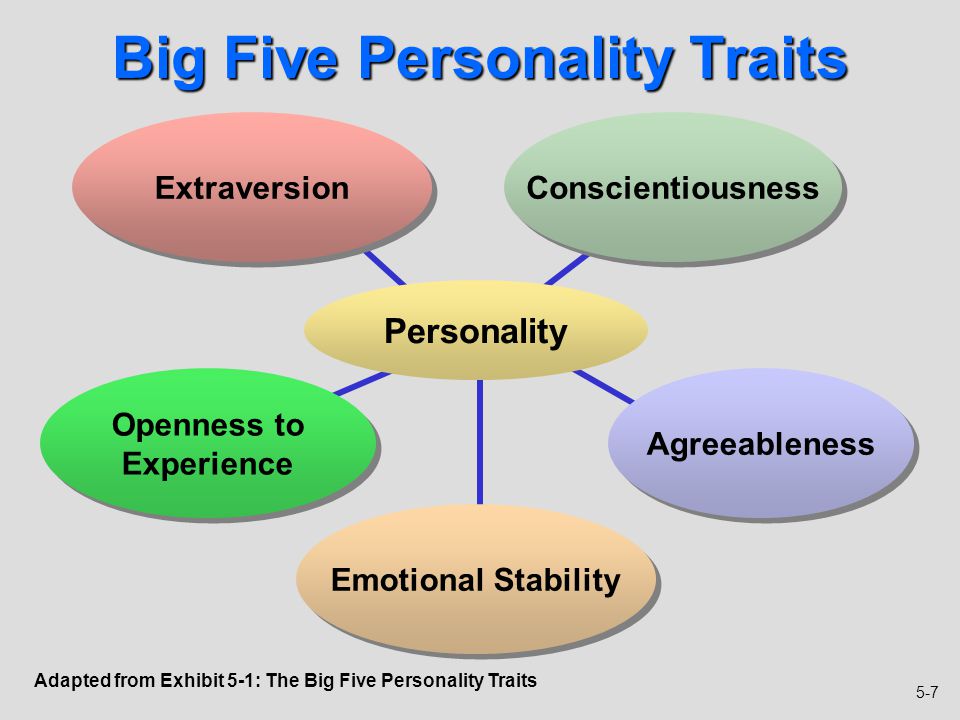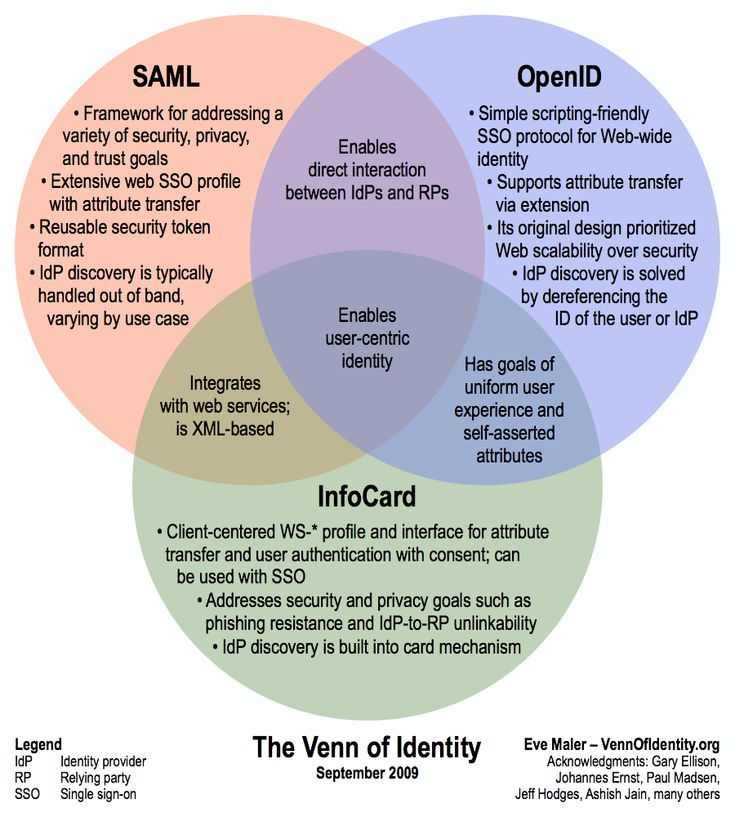Theory of existentialism
History, Beliefs, Uses, and More
Existential theory is rooted in the belief that we are responsible and have the freedom to create our own meaning.
What is my purpose in life? If you have ever asked yourself this question, it may have required a lot of thought. Yet, how we attach meaning to our lives can influence our choices in how we behave and interact with others.
You may feel overwhelmed by choices and experience anxiety. But, on the other hand, you may make choices that feel purposeful and good to you. Existential theory explains how we attach meaning and apply that meaning to our lives.
Existential theory is rooted in the philosophical idea that humans have free choice, and because of that free choice, we can create purpose and meaning in our lives. Existential theory suggests that we have a choice in who we desire to be.
The roots of existential theory date back to the early 1800s, and the first philosopher to explore the idea of existentialism was Danish philosopher Søren Kierkegaard. He’s often known as the father of existentialism.
Other key influences on existentialist theory include:
- Friedrich Nietzsche
- Dr. Karl Jaspers
- Dr. Martin Heidegger
- Jean-Paul Sartre
- Dr. Viktor Frankl
- Dr. Irvin Yalom
Critical concepts in existentialist theory are about creating your identity and how you attribute meaning to your life.
Existentialism focuses on personal choice and the question: What does it mean to exist?
There are many key ideas of existentialism.
Existence precedes essence
This is one of the most crucial concepts in understanding existentialist theory. This explores the idea that we exist and find meaning later. We have free choice to create our meaning and develop our values. The concept explains that this is our purpose in life: To create meaning.
Existential philosophers believe that when we’re born, we’re “nothing.” Instead, through developing meaning, we become what we make of ourselves.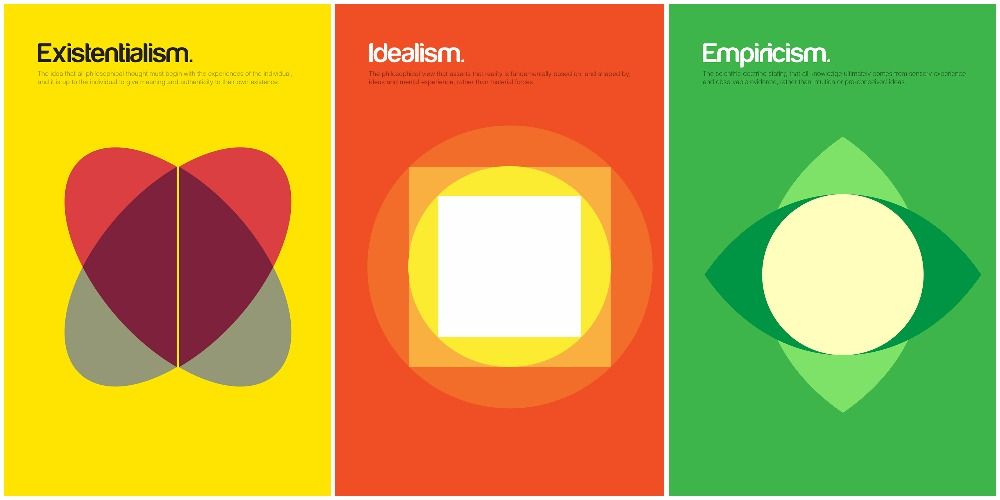
Freedom
Existentialism emphasizes the importance of unrestricted freedom for individuals to make their own choices. These choices, due to the freedom that individuals have, allow them to:
- create goals
- make something out of yourself
- create meaningful experiences in your life
Absurdity
Existential philosophers connect the concept of the absurdity of life to the creation of meaning. Absurdity refers to the idea that there are a lot of unknown circumstances in life, and anything can happen to you at any time.
The idea explains events that could happen to you follow no specific pattern. Existential theorists believe that life is “absurd” and has no meaning until we attach importance to it.
Anxiety
Anxiety often occurs when you become aware of the absurdity of life. Existentialists suggest that the awareness of your freedom and responsibility can often lead to a sense of overwhelming dread.
Yet, free choice allows us to make either healthy or destructive choices due to this awareness. To quote Kierkegaard, “Anxiety is the dizziness of freedom.”
To quote Kierkegaard, “Anxiety is the dizziness of freedom.”
Authenticity
Authenticity is another crucial element of existentialist theory. Authenticity is about being genuine and making choices in a way that is fundamental to who you are regardless of external pressures.
Individuality is an essential aspect of existential theory — related to authenticity.
Existential theorists believe that there is no inherent state of “human nature,” so humans must define what values or purposes to give attention to.
Abandonment
This concept within existential theory comes from the idea that humans are their only source of value. The premise theorizes that this knowledge creates feelings of loneliness and isolation.
It theorizes that individuals’ freedom can cause them to feel trapped.
Existentialism has the benefit of helping people create meaning in their lives. By becoming aware of freedom and choice, individuals can mitigate their anxiety about the unknown.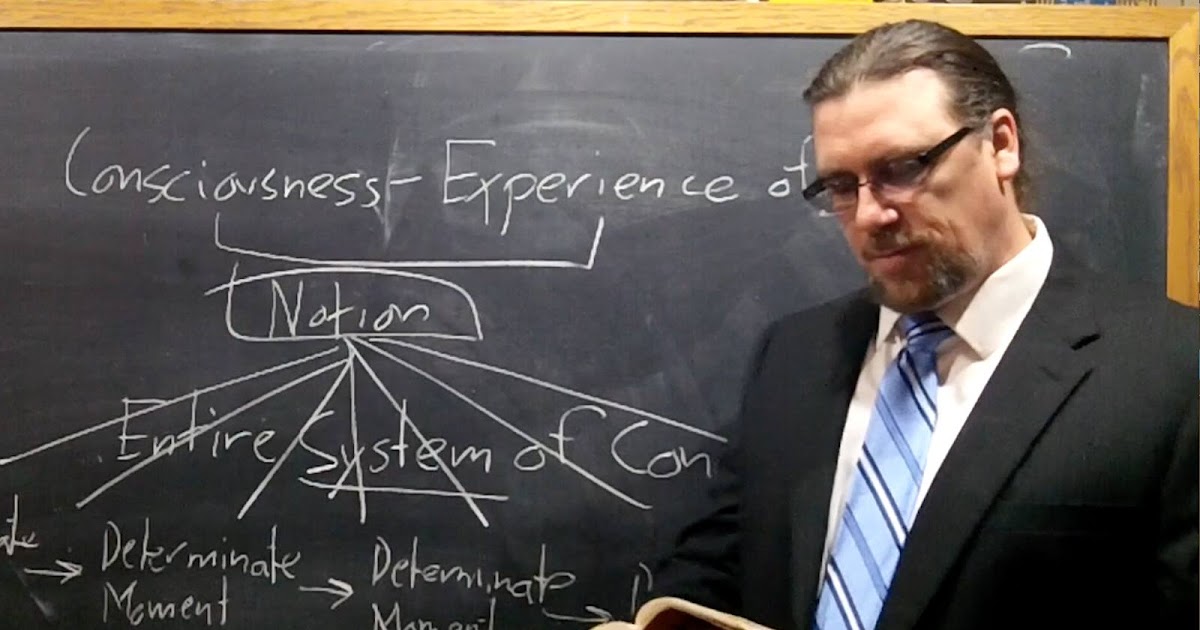
Living meaningful lives may reduce the dread of unexpected events and can help us cope with overwhelming emotions such as fear.
One of the significant limitations of existentialism is the idea of responsibility. Existentialists assert the concept of personal freedom and responsibility.
But, as some researchers suggest, societal pressures limit our freedoms or we have individual responsibilities necessary for survival that impose on freedom.
For example, you may be balancing being financially secure with raising a family. These two things may compete for your needs and impose on the concept of freedom.
Existential therapy helps the individual accept and come to terms with specific givens in life, such as facing awareness of their death.
There are four ultimate anxiety concerns, that existential therapy addresses:
- freedom and responsibility
- isolation
- death
- meaninglessness
Existential therapies address questions about the nature of our existence. The belief is that by overcoming distress related to existential topics, mental health challenges such as anxiety will be reduced or prevented.
The belief is that by overcoming distress related to existential topics, mental health challenges such as anxiety will be reduced or prevented.
Techniques used in existential therapy
If you’re wondering what to expect if you see an existential therapist, there are a few standard techniques used.
The first technique commonly used in existential therapy is what Frankl termed logotherapy.
Logotherapy looks at fears that cause symptoms of anxiety or other mental health symptoms. In logotherapy, the basic premise is that there is anticipatory anxiety when a person encounters or thinks about a fearful situation.
In logotherapy, the focus is on the precipitating event that causes symptoms. Sometimes sessions are even geared to replicate and confront symptoms at a more targeted level than ever before.
The goal is to help separate yourself from the symptoms, so they lose their grip on you.
Another technique commonly used in existential therapy is Socratic questioning.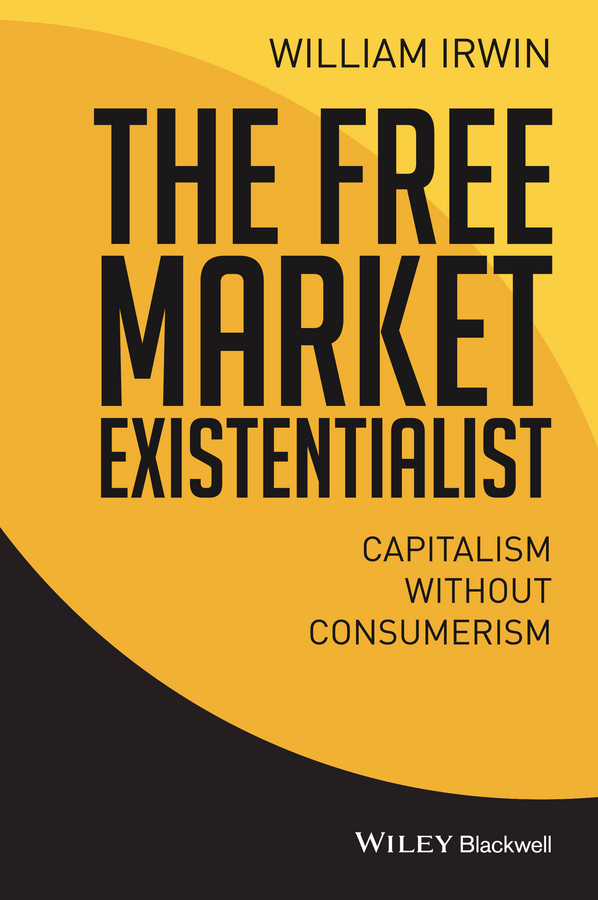 Socratic questioning is a technique that existential therapists use to help you gain a new perspective.
Socratic questioning is a technique that existential therapists use to help you gain a new perspective.
Socratic questions are a series of graded questions that help facilitate behaviors and thoughts toward therapeutic goals.
Existential theory focuses on life’s big questions. What’s my purpose? How do I create meaning? How do I cope with my own mortality? Existentialism is centuries old and is still used today to address profound questions.
Existentialism’s central ideas are derived from the creation of meaning and the individual choice you have. Anxiety or fear may often arise from the realization of freedom and responsibility.
In existential therapy, the goal is to create a meaningful and purposeful life. The therapist does this through reflective listening and Socratic questioning. Existential therapy can help folks work toward more intentional living.
Existentialism is a philosophy that emphasizes individual existence, freedom and choice. Thus, Existentialism believes that individuals are entirely free and must take personal responsibility for themselves (although with this responsibility comes angst, a profound anguish or dread). It therefore emphasizes action, freedom and decision as fundamental, and holds that the only way to rise above the essentially absurd condition of humanity (which is characterized by suffering and inevitable death) is by exercising our personal freedom and choice (a complete rejection of Determinism). Often, Existentialism as a movement is used to describe those who refuse to belong to any school of thought, repudiating of the adequacy of any body of beliefs or systems, claiming them to be superficial, academic and remote from life. Although it has much in common with Nihilism, Existentialism is more a reaction against traditional philosophies, such as Rationalism, Empiricism and Positivism, that seek to discover an ultimate order and universal meaning in metaphysical principles or in the structure of the observed world. It asserts that people actually make decisions based on what has meaning to them, rather than what is rational. Existentialism originated with the 19th Century philosophers Sren Kierkegaard and Friedrich Nietzsche, although neither used the term in their work. In the 1940s and 1950s, French existentialists such as Jean-Paul Sartre, Albert Camus (1913 - 1960), and Simone de Beauvoir (1908 - 1986) wrote scholarly and fictional works that popularized existential themes, such as dread, boredom, alienation, the absurd, freedom, commitment and nothingness.
Unlike Ren Descartes, who believed in the primacy of consciousness, Existentialists assert that a human being is "thrown into" into a concrete, inveterate universe that cannot be "thought away", and therefore existence ("being in the world") precedes consciousness, and is the ultimate reality. Existence, then, is prior to essence (essence is the meaning that may be ascribed to life), contrary to traditional philosophical views dating back to the ancient Greeks. As Sartre put it: "At first [Man] is nothing. Only afterward will he be something, and he himself will have made what he will be." Kierkegaard saw rationality as a mechanism humans use to counter their existential anxiety, their fear of being in the world. Sartre saw rationality as a form of "bad faith", an attempt by the self to impose structure on a fundamentally irrational and random world of phenomena ("the other"). Kierkegaard also stressed that individuals must choose their own way without the aid of universal, objective standards. Friedrich Nietzsche further contended that the individual must decide which situations are to count as moral situations. Thus, most Existentialists believe that personal experience and acting on one's own convictions are essential in arriving at the truth, and that the understanding of a situation by someone involved in that situation is superior to that of a detached, objective observer (similar to the concept of Subjectivism). According to Camus, when an individual's longing for order collides with the real world's lack of order, the result is absurdity. Human beings are therefore subjects in an indifferent, ambiguous and absurd universe, in which meaning is not provided by the natural order, but rather can be created (however provisionally and unstable) by human actions and interpretations. Existentialism can be atheistic, theological (or theistic) or agnostic. Some Existentialists, like Nietzsche, proclaimed that "God is dead" and that the concept of God is obsolete. Others, like Kierkegaard, were intensely religious, even if they did not feel able to justify it. The important factor for Existentialists is the freedom of choice to believe or not to believe.
Existentialist-type themes appear in early Buddhist and Christian writings (including those of St. Augustine and St.Thomas Aquinas). In the 17th Century, Blaise Pascal suggested that, without a God, life would be meaningless, boring and miserable, much as later Existentialists believed, although, unlike them, Pascal saw this as a reason for the existence of a God. Existentialism in its currently recognizable form was inspired by the 19th Century Danish philosopher Sren Kierkegaard, the German philosophers Friedrich Nietzsche, Martin Heidegger, Karl Jaspers (1883 - 1969) and Edmund Husserl, and writers like the Russian Fyodor Dostoevsky (1821 - 1881) and the Czech Franz Kafka (1883 - 1924). It can be argued that Georg Wilhelm Friedrich Hegel and Arthur Schopenhauer were also important influences on the development of Existentialism, because the philosophies of Kierkegaard and Nietzsche were written in response or in opposition to them. Kierkegaard and Nietzsche, like Pascal before them, were interested in people's concealment of the meaninglessness of life and their use of diversion to escape from boredom. Martin Heidegger was an important early philosopher in the movement, particularly his influential 1927 work "Being and Time", although he himself vehemently denied being an existentialist in the Sartrean sense. His discussion of ontology is rooted in an analysis of the mode of existence of individual human beings, and his analysis of authenticity and anxiety in modern culture make him very much an Existentialist in the usual modern usage. Existentialism came of age in the mid-20th Century, largely through the scholarly and fictional works of the French existentialists, Jean-Paul Sartre, Albert Camus (1913 - 1960) and Simone de Beauvoir (1908 - 1986). Maurice Merleau-Ponty (1908 - 1961) is another influential and often overlooked French Existentialist of the period. Sartre is perhaps the most well-known, as well as one of the few to have actually accepted being called an "existentialist". "Being and Nothingness" (1943) is his most important work, and his novels and plays, including "Nausea" (1938) and "No Exit (1944), helped to popularize the movement. In "The Myth of Sisyphus" (1942), Albert Camus uses the analogy of the Greek myth of Sisyphus (who is condemned for eternity to roll a rock up a hill, only to have it roll to the bottom again each time) to exemplify the pointlessness of existence, but shows that Sisyphus ultimately finds meaning and purpose in his task, simply by continually applying himself to it. Simone de Beauvoir, an important existentialist who spent much of her life alongside Sartre, wrote about feminist and existential ethics in her works, including "The Second Sex" (1949) and "The Ethics of Ambiguity" (1947). Although Sartre is considered by most to be the pre-eminent Existentialist, and by many to be an important and innovative philosopher in his own right, others are much less impressed by his contributions. Heidegger himself thought that Sartre had merely taken his own work and regressed it back to the subject-object orientated philosophy of Descartes and Husserl, which is exactly what Heidegger had been trying to free philosophy from. Some see Maurice Merleau-Ponty (1908 - 1961) as a better Existentialist philosopher, particular for his incorporation of the body as our way of being in the world, and for his more complete analysis of perception (two areas in which Heidegger's work is often seen as deficient).
Herbert Marcuse (1898 - 1979) has criticized Existentialism, especially Sartre's "Being and Nothingness", for projecting some features of living in a modern oppressive society (features such as anxiety and meaninglessness) onto the nature of existence itself. Roger Scruton (1944 - ) has claimed that both Heidegger's concept of inauthenticity and Sartre's concept of bad faith are both self-inconsistent, in that they deny any universal moral creed, yet speak of these concepts as if everyone is bound to abide by them. Logical Positivists, such as A. J. Ayer and Rudolf Carnap (1891 - 1970), claim that existentialists frequently become confused over the verb "to be" (which is meaningless if used without a predicate) and by the word "nothing" (which is the negation of existence and therefore cannot be assumed to refer to something). Marxists, especially in post-War France, found Existentialism to run counter to their emphasis on the solidarity of human beings and their theory of economic determinism. They further argued that Existentialism's emphasis on individual choice leads to contemplation rather than to action, and that only the bourgeoisie has the luxury to make themselves what they are through their choices, so they considered Existentialism to be a bourgeois philosophy. Christian critics complain that Existentialism portrays humanity in the worst possible light, overlooking the dignity and grace that comes from being made in the image of God. Also, according to Christian critics, Existentialists are unable to account for the moral dimension of human life, and have no basis for an ethical theory if they deny that humans are bound by the commands of God. On the other hand, some commentators have objected to Kierkegaard's continued espousal of Christianity, despite his inability to effectively justify it. In more general terms, the common use of pseudonymous characters in existentialist writing can make it seem like the authors are unwilling to own their insights, and are confusing philosophy with literature. |
what do they have in common? — Monoclair
Headings: Science, Translations, Latest articles, Philosophy
Did you find something useful here? Help us stay free, independent and free with any donation:
Donate
"Human nature" is a very vague concept. Nevertheless, it is precisely this that often becomes the basis of philosophical reflections on the meaning of life, ethics and morality. But is this abstract construct really capable of determining our actions and the way we live? Big Think columnist Scotty Hendrix tells how existentialists abandoned the idea of the universal nature of man, which determines his being, what the concept of Jean-Paul Sartre and Darwin's theory of evolution have in common, and why deviations from the norm and endless situations of choice become the key to our development.
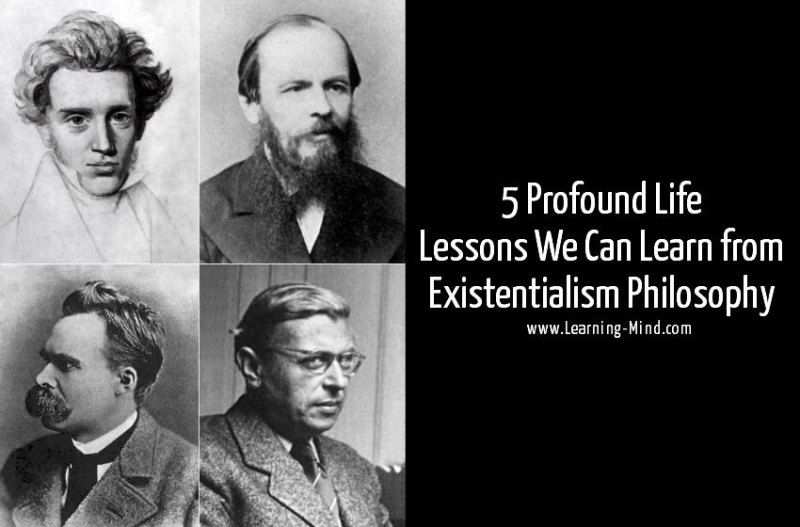
In his 1945 lecture "Existentialism is Humanism," Jean-Paul Sartre made the bold claim that for humans, existence precedes essence. We take possession of being and then choose how to be. This is the difference between a person and a chair, which is conceived for a specific purpose and is made to achieve this purpose. The essence of the chair is already known, that is, the essence of a thing precedes its existence. The chair already has a certain "character of the chair" that it is designed to fit.
Sartre rejects the idea that human nature is some kind of guide to how we should live. He generally denies the existence of any universal human nature. This view was a major departure from most of the philosophical ideas that preceded it. Thinkers since ancient Greece and ancient China have spoken of human nature as a guide that leads to a decent life.
Each of these philosophers, including Aristotle, Mencius, John Calvin and Xun Tzu, talked about what they understood by human nature and then tried to define how a person should act. By reasoning in this way, they made a terrible mistake.
By reasoning in this way, they made a terrible mistake.
David Hume demonstrated this fallacy with the idea that "should" cannot be derived from "is", later known as Hume's principle, or Hume's guillotine. In his Treatise on Human Nature, Hume argues that we cannot determine what we should do from facts alone. For example, just because we've evolved to be able to eat all the salt and sugar in the world doesn't mean we should. Just because something is natural doesn't mean it's good.
This approach is also called an appeal to nature, or a naturalistic fallacy, and it is indeed a very similar logical fallacy. Even given this problem, many thinkers would still reject Sartre's claim that there is no human nature that we should be working on.
Nevertheless, Sartre seems to have a supporter who, like him, believes that human nature does not exist - the naturalist and founder of the modern theory of evolution, Charles Darwin.
According to the laws of evolution, any human nature is a mere accident that is retained and passed on only to promote the reproductive success of the species and is unlikely to exist in the long term in any fixed form.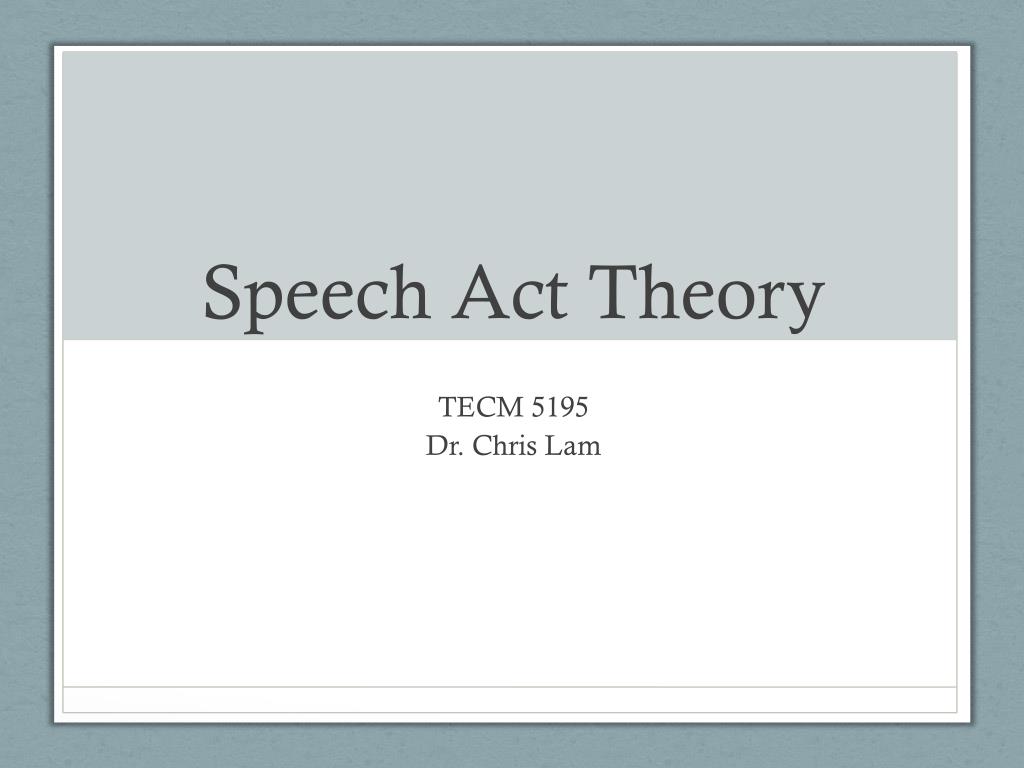 Any attempt to determine what human nature will be like, if it exists, will only be valid under certain circumstances for a relatively short time.
Any attempt to determine what human nature will be like, if it exists, will only be valid under certain circumstances for a relatively short time.
Evolution occurs only when there are deviations from the norm. Mutations that help the survival of the species remain, while those that jeopardize survival go away. Any attempt to define human nature among the many variations and deviations must include altruism and psychopathy, openness to experience and caution, athletic ability and lack thereof.
Darwin teaches us that there is no such thing as a "norm" and fundamental changes are constantly taking place. From the point of view of biology, human nature simply does not exist in the form that many philosophers talk about.
But if we cannot base our ethics on human nature, what then can serve as a basis for it?
The problem of how to justify morality without appealing to nature is one of the most difficult problems, and many philosophers have tried to solve it.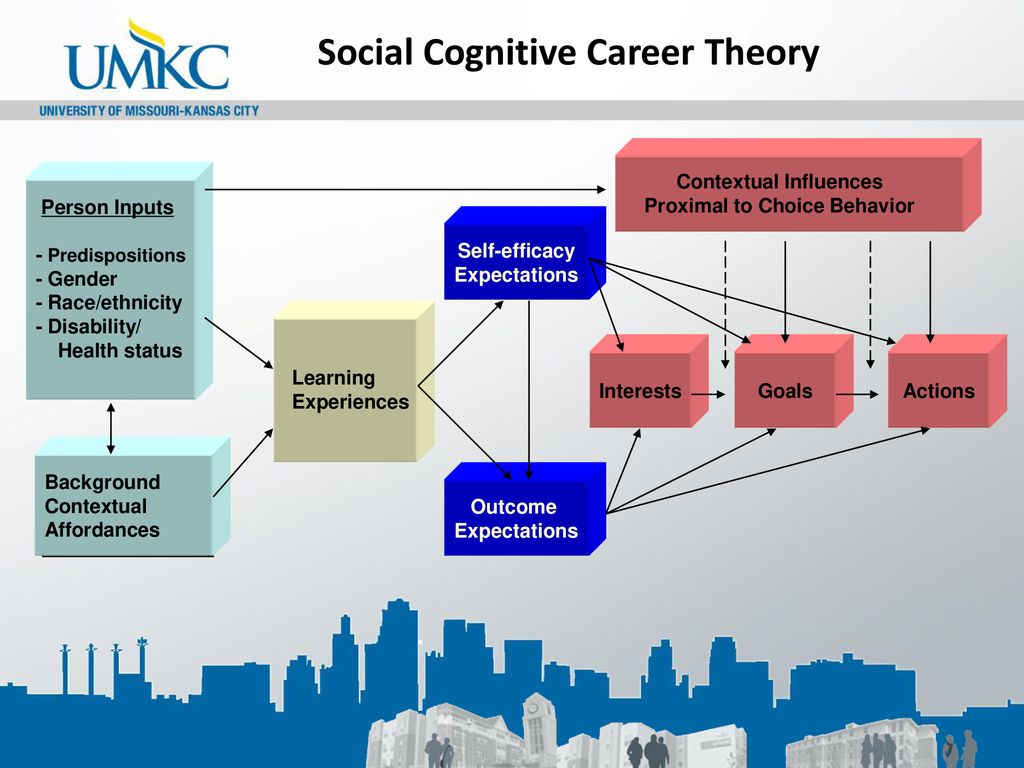 Immanuel Kant looked for a solution in the idea that morality comes from pure reason. Based on this connection, he formulated his categorical imperative. Sartre borrowed it from Kant in his lecture and declared that we must choose our own being, as if we were choosing it for all mankind.
Immanuel Kant looked for a solution in the idea that morality comes from pure reason. Based on this connection, he formulated his categorical imperative. Sartre borrowed it from Kant in his lecture and declared that we must choose our own being, as if we were choosing it for all mankind.
And sometimes it's not so easy.
Other thinkers have looked for ethical ideas, referring to the human lot, not human nature. In her essay The Non-Relative Virtues: An Aristotelian Approach, Martha Nussbaum argues that certain problems are inevitable in human life, and virtues can be found in how a person deals with these problems. As an example, we can take the fact that sooner or later we will all face a threat to our lives and health. In this encounter we may discover the virtue of courage. The details of the specific situation will become clear later, but the need for an answer is obvious.
Just because human nature can be anything, does not mean that life takes on a certain course, a certain direction. If Sartre is right, there is no human nature in principle. As evolutionary theory develops, we find that humanity has inherited a whole hodgepodge of traits. So it seems strange that we should base what we value and how we act on these traits alone.
If Sartre is right, there is no human nature in principle. As evolutionary theory develops, we find that humanity has inherited a whole hodgepodge of traits. So it seems strange that we should base what we value and how we act on these traits alone.
So we get into the predicament that existentialists are in: we have to decide what we value, say, do, and dream to be, without any help, without any guidance. There is great freedom and great responsibility in this.
See also
- Self and Other in Structuralism and Existentialism
- Abraham Maslow: "Existential psychology - what does it have for us?"
- "Existentialism is Humanism": Jean-Paul Sartre on Freedom and Responsibility
Original: The theory of evolution: another reason to be an existentialist? / Big Think
Cover: Sartre in his library. RDA / Hulton Archive / Getty
If you find an error, please highlight the text and press Ctrl+Enter .
philosophyexistentialism
Similar Articles
existentialism - The Basic ideas of the philosophical direction
Social studies
12.11.21
9 min.
Existentialism is one of the philosophical directions, the center of which is a person.
Contents:
- The concept of existence, existentiality, existentialist
- Philosophy of Existentialism
- Causes
- Existentialism trends
- Existential problems
- Basic existentialist philosophers
- Existentialism in Literature
- Modern existentialism and its representatives
This current was widespread in the last century.
The concept of existence, existentiality, existentialist
Existentialism comes from the Latin exsistentia, which means to exist. The key place here belongs to man as an absolutely unique phenomenon, his inner world.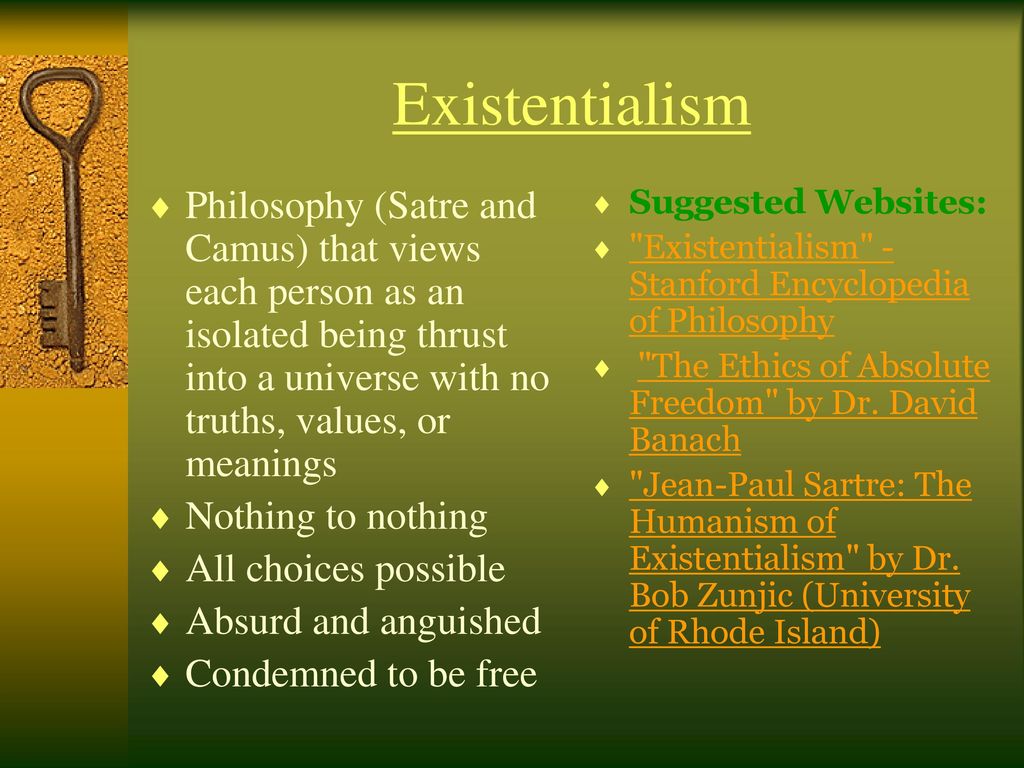
Representatives of this trend began to be called existentialists. The representatives of Russian existentialism are considered to be Fyodor Dostoevsky, Lev Shestov, in whose works a detailed description of the inner world, the spiritual component of human existence - existentiality can be traced.
Philosophy of Existentialism
The main ideas are reduced to the definition of the meaning of the term "being". A characteristic feature of the latter is the intuitive knowledge of the individual. In contrast to rationalism, in existentialism the existence of man precedes his essence.
This is a single link between subject and object. In simple words, the center of the theory of existentialism is the experience of one's role in the world (as opposed to the philosophy of life).
Causes
Allocate external and internal prerequisites for the formation of this trend.
External due to large-scale historical events, the loss of millions of lives. In this connection, a human crisis arose in a post-war society, when a number of representatives tried to help the individual find his "I". Philosophy created new concepts: an average person, here-being, so-being, being-in-the-world.
In this connection, a human crisis arose in a post-war society, when a number of representatives tried to help the individual find his "I". Philosophy created new concepts: an average person, here-being, so-being, being-in-the-world.
Internal are represented by transcendence, which is designed to reveal the meaning of personality, freedom. Having atheistic views, a person manages and makes decisions himself, he is deprived of ontological existence (according to Sartre).
On the other hand, the individual is driven by relationships to others (deep, personal) presented before the Almighty (Marseille).
Existentialism trends
There are two types of this philosophical trend.
Atheistic
The individual is fully responsible for his own destiny. He forms himself, does not count on anyone. From a secular point of view, a person is lonely.
Religious
Man recognizes the existence of a higher power.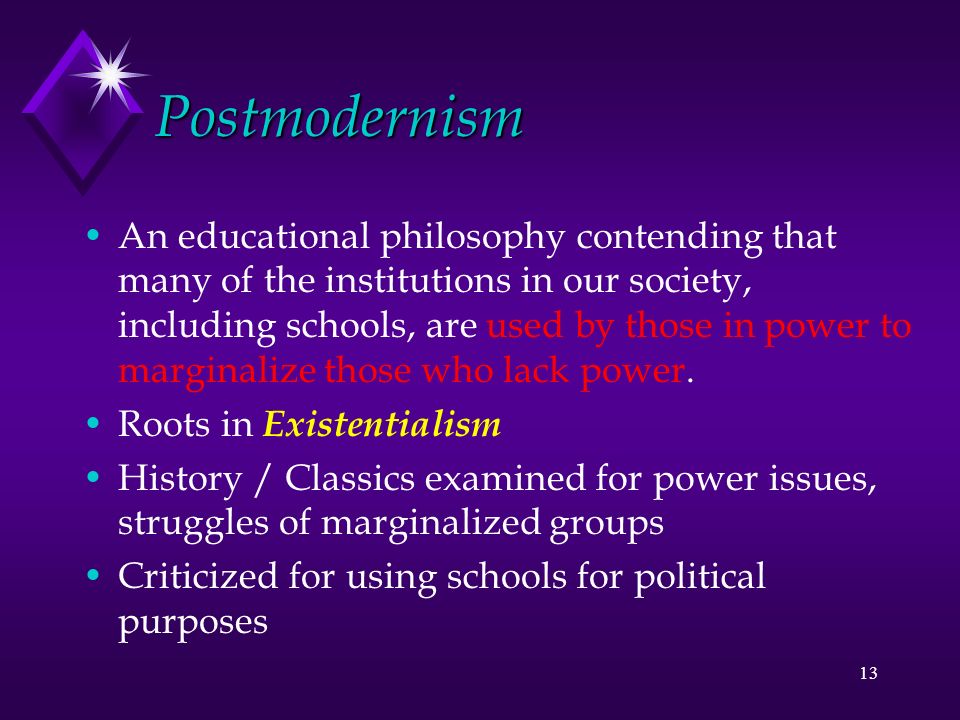 Faith is the source of self-improvement. This position is characteristic of Russian philosophy. In Germany, the main representative of existentialism is Karl Jaspers.
Faith is the source of self-improvement. This position is characteristic of Russian philosophy. In Germany, the main representative of existentialism is Karl Jaspers.
Existential problems
Questions of being belong to the basic existential questions.
The problem of the meaning of life
Exists inseparably with personality. This question visits not only philosophers, but also every person with the threat of death or its approach. Analyzing the life lived, there is a desire for knowledge of the inner world, self-reflection.
Borderline situations are comprehended in the writings of existentialist writers with existential experience (works by Sartre, Camus).
Exactly existential fear returns a person to the understanding of one's own being – the meaning of life, and not everyday life, relieves one of the existential emptiness.
Selection problem
Choice, above all freedom, is a basic existential need.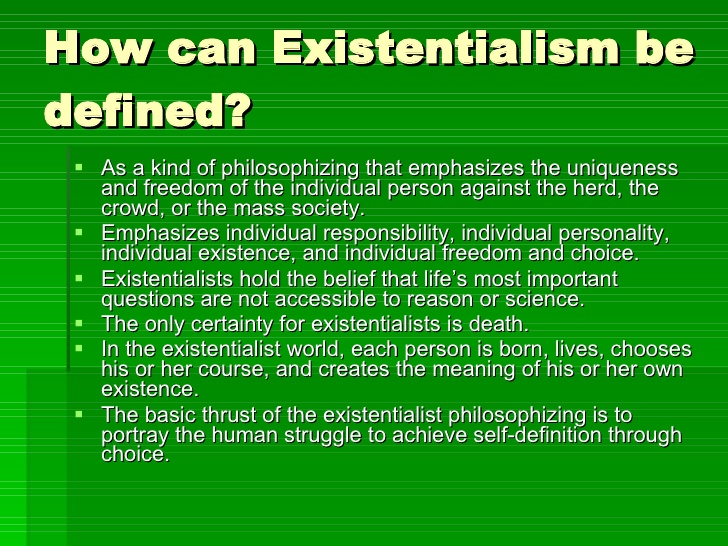 Thus, a number of philosophers place responsibility for a person's life on himself. He is free in his decisions, being the embodiment of freedom.
Thus, a number of philosophers place responsibility for a person's life on himself. He is free in his decisions, being the embodiment of freedom.
Here the existence is oriented somewhere, towards something or someone.
Freedom of choice consists in shifting the focus of attention from the public to the individual (single person). The sphere of personality leads to historicity, replacing the existential emptiness.
The problem of philosophy
The underlying problem boils down to turning per person. Departure from the rational, recognition of irrationality, recognition of the individual as the nucleus. This is different from the early ontology.
Logic, epistemology, theory of things, theory of ideas are swept aside by representatives of the new ontology. In simple words, philosophy develops a new concept of temporality, true, different from the physical.
The problem of loneliness
Man is a social being, but every choice leads to loneliness.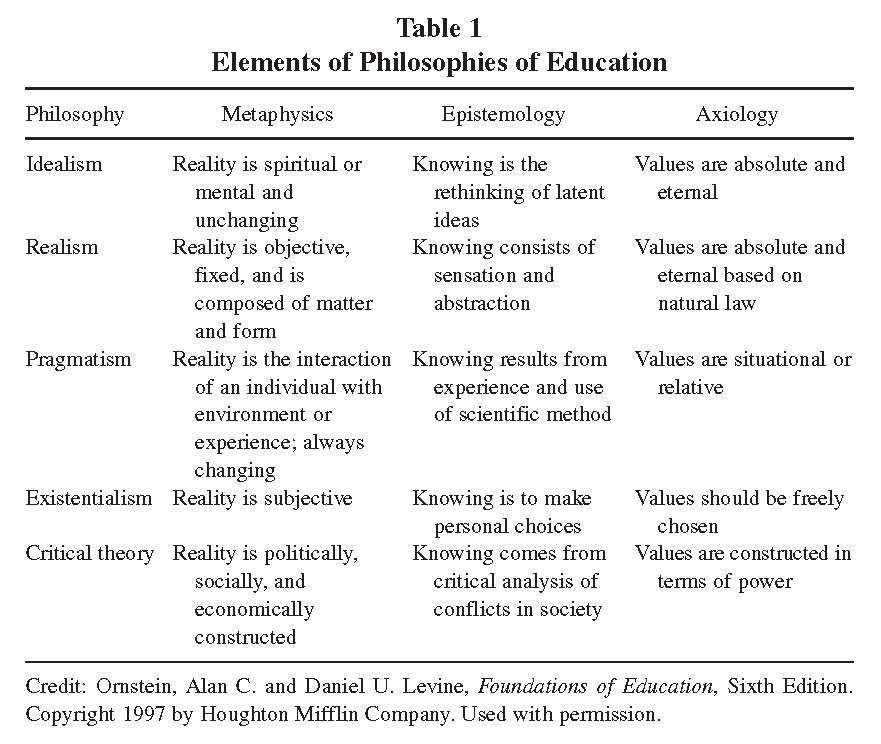 This feeling can lead to an existential threat (when coexistence is impossible in principle). The surrounding reality loses its meaning, becomes alien to the individual.
This feeling can lead to an existential threat (when coexistence is impossible in principle). The surrounding reality loses its meaning, becomes alien to the individual.
Inner experiences, drama lead to self-selection in conflict situations. Briefly and clearly, existentialism can be represented as a direction where a person is alone, for reasons of objectivity.
Basic existentialist philosophers
We list the most large-scale figures in this current:
- representatives in Russia: L. I. Shestov, N. A. Berdyaev;
- luminaries of the German school: M. Heidegger, K. Jaspers, M. Buber;
- French existentialists: G. Marcel, J. P. Sartre, A. Camus.
Existentialism in Literature
Works that clearly trace the problem of a person's loneliness in society come to the fore. The heroes of the books are individuals who experience the hardships of being in everyday life.
The authors rethink the fact of existence as such, seek to get rid of the tragedy.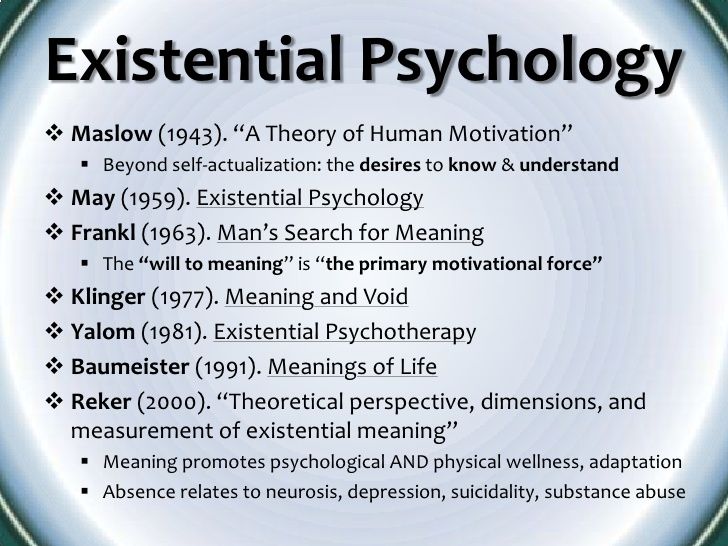
 It is the view that humans define their own meaning in life, and try to make rational decisions despite existing in an irrational universe. It focuses on the question of human existence, and the feeling that there is no purpose or explanation at the core of existence. It holds that, as there is no God or any other transcendent force, the only way to counter this nothingness (and hence to find meaning in life) is by embracing existence.
It is the view that humans define their own meaning in life, and try to make rational decisions despite existing in an irrational universe. It focuses on the question of human existence, and the feeling that there is no purpose or explanation at the core of existence. It holds that, as there is no God or any other transcendent force, the only way to counter this nothingness (and hence to find meaning in life) is by embracing existence.
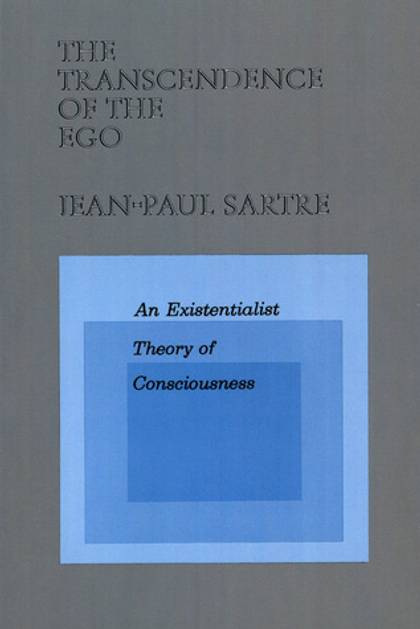
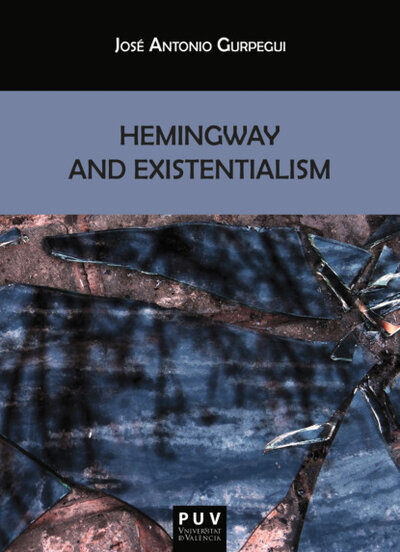 This bad faith hinders us from finding meaning in freedom, and confines us within everyday experience.
This bad faith hinders us from finding meaning in freedom, and confines us within everyday experience.
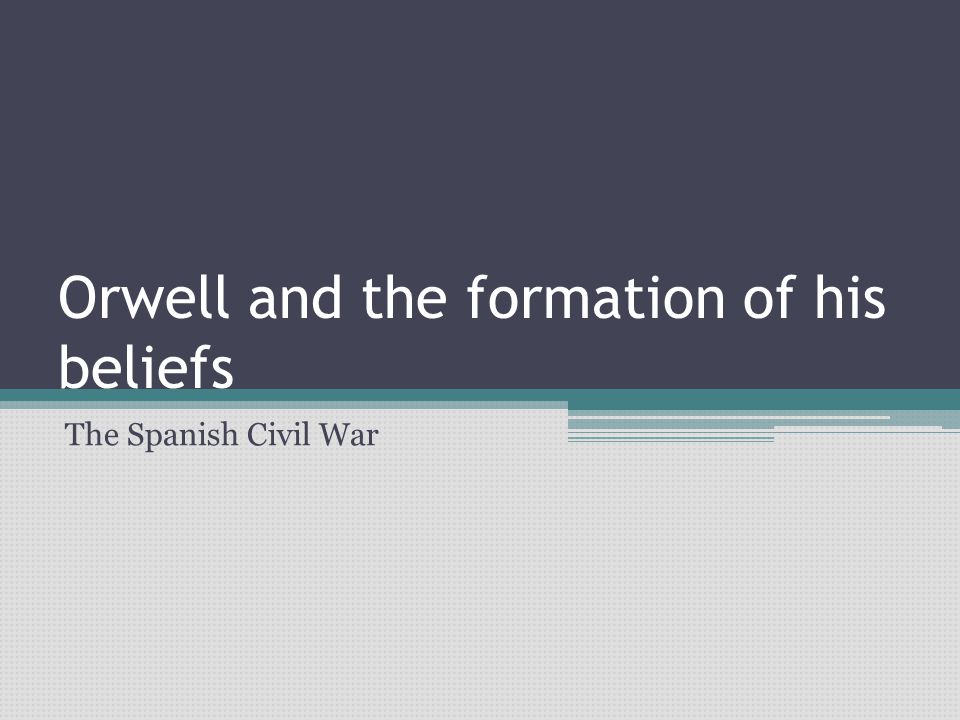 His near-contemporary, John Locke, advocated individual autonomy and self-determination, but in the positive pursuit of Liberalism and Individualism rather than in response to an Existentialist experience.
His near-contemporary, John Locke, advocated individual autonomy and self-determination, but in the positive pursuit of Liberalism and Individualism rather than in response to an Existentialist experience.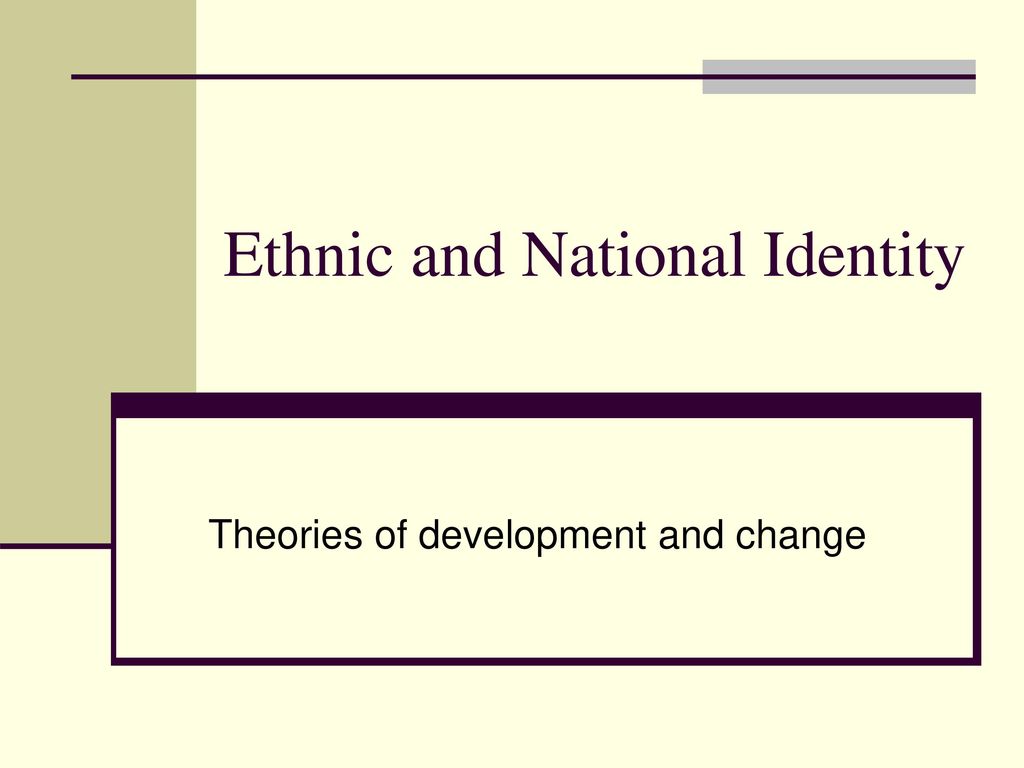 However, unlike Pascal, they considered the role of making free choices on fundamental values and beliefs to be essential in the attempt to change the nature and identity of the chooser. In Kierkegaard's case, this results in the "knight of faith", who puts complete faith in himself and in God, as described in his 1843 work "Fear and Trembling". In Nietzsche's case, the much-maligned "bermensch" (or "Superman") attains superiority and transcendence without resorting to the "other-worldliness" of Christianity, in his books "Thus Spake Zarathustra" (1885) and "Beyond Good and Evil" (1887).
However, unlike Pascal, they considered the role of making free choices on fundamental values and beliefs to be essential in the attempt to change the nature and identity of the chooser. In Kierkegaard's case, this results in the "knight of faith", who puts complete faith in himself and in God, as described in his 1843 work "Fear and Trembling". In Nietzsche's case, the much-maligned "bermensch" (or "Superman") attains superiority and transcendence without resorting to the "other-worldliness" of Christianity, in his books "Thus Spake Zarathustra" (1885) and "Beyond Good and Evil" (1887).
